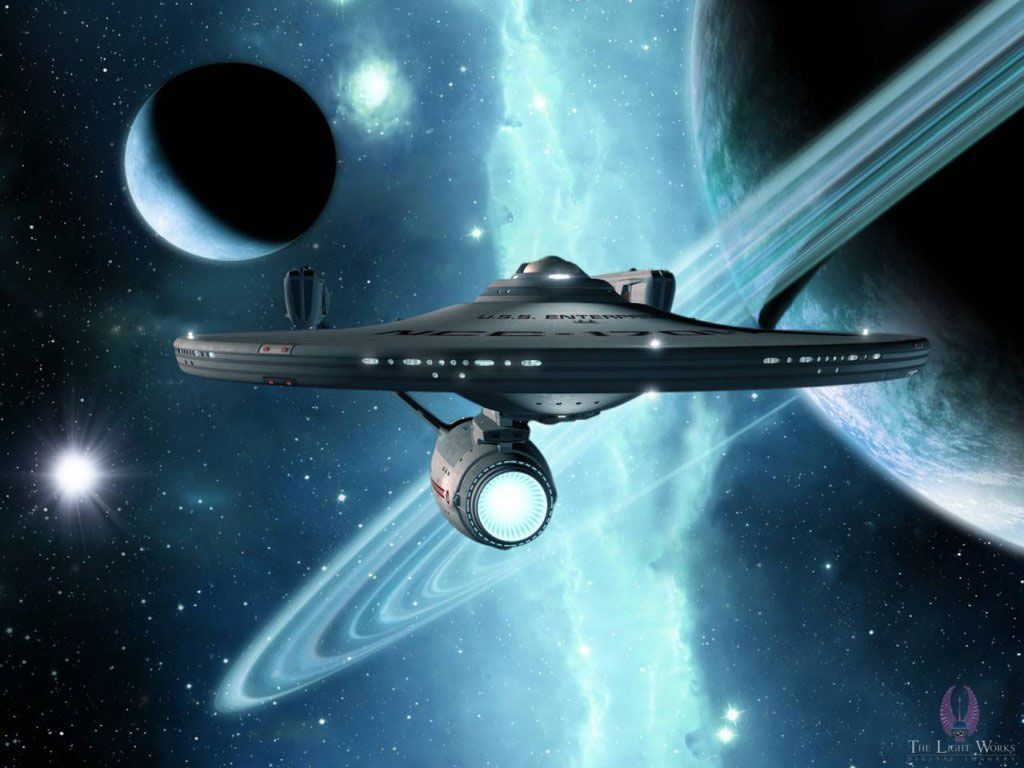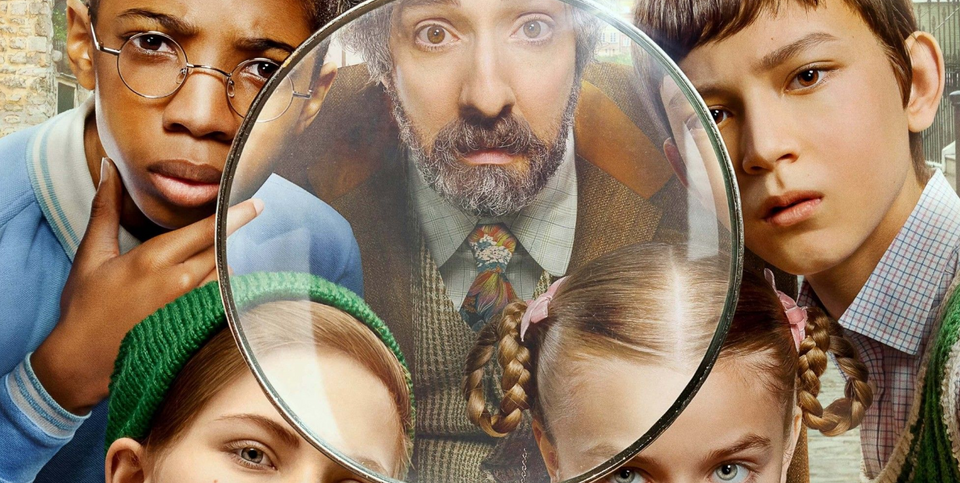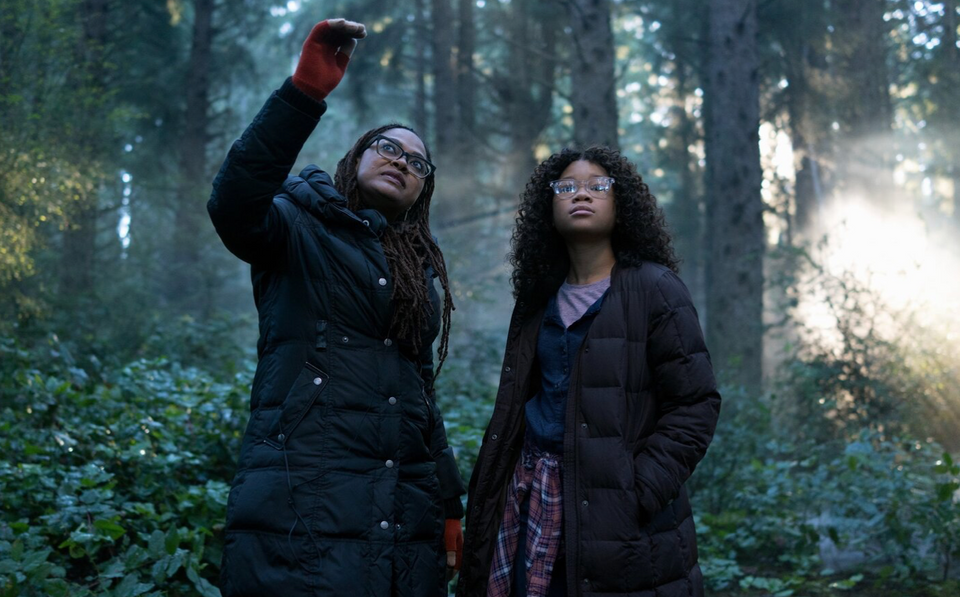
I’m not a film critic. I’m putting that right out there. If you’re looking for film criticism, you don’t have to look far – this place is teeming with it.
It’s not that I can’t be critical. I love tearing into literature, or even the occasional music album. I’ve praised the merits of this writer or that performer, but I know, frankly, I’d be crap at reviewing movies.
The reason is simple: I’m far too forgiving of film. Here’s how I know I’m not enjoying a movie: if at any time I’m taken out of the story enough to stop and think, Am I really still watching this?
Not very demanding criteria. Even if I do actually hear myself asking this question, I will usually try to hang in there, ever a believer in the power of cinema to entertain me. There are times when this question has ultimately prompted me to leave the theater before the movie has ended, like during Final Destination, and other times when it really should have, as in Sin City.
This aesthetic, if you’ll indulge me and call it that, is why I am particularly merciful on the so-called Summer Blockbuster. The sole purpose of these big, booming tours-de-awesome is to generally delight for two hours at the end of a day spent in the sun. If they can accomplish this, if they add to my summertime delight, they have succeeded; if they do more than that, I am pleasantly surprised. And if, when the film has ended and I walk out of the theater into a still-balmy night, I can actually have a conversation with my wife about the implications of this or that plot twist, I know I am going to eagerly recommend the film to others.
Thus far this summer I have seen X-Men Origins: Wolverine (generally panned by critics, enjoyed by me), Star Trek (critics seem okay with it, I was in love with it from the opening sequence), and Terminator: Salvation (disliked by critics and by me). Admittedly, while growing up I was a comic book collector, Trekkie (or Trekker for those who care about those kinds of distinctions), and all-around sci-fi guy; so, as long as my precious expectations were not completely shattered, there was a good chance I was going to like each of these movies. But because each film is both a summer blockbuster and a prequel, each is subject to one additional criteria: whether or not it remained true to the spirit of the original story.
See, growing up, I was the kind of kid that wouldn’t play with my Ghostbusters action figures together with my Ninja Turtles guys. Sure, I knew that they both lived in New York City in each of their respective universes, but their universes were separate. It didn’t make sense in either narrative for the two to meet. At least not to my pre-tween self.
Fortunately, each of these three prequels – Wolverine, Star Trek, and Terminator – stayed true to the narratives that bore them, and two of the three scored big in entertainment value. But there was a time, somewhere in the middle of this Terminator, when I slipped out of the story to ponder, I wonder if this is the scene during which Christian Bale flew off the handle? And my next thought, was, Uh oh, I’m not thinking about the story anymore. Followed by, Why are my feet sticking to the floor?
But this isn’t a movie review. I’m terrible at that, remember.
The real question here, in light of these three movies is, “Is the convention of ‘prequel’ a shameless, money-making trick or is it a legitimate narrative convention?” There are two well-written articles from respected publications that elaborate each side and frame this debate. The first is a review of Star Trek in The New Yorker in which Anthony Lane rages against that film with a kind of snark that would have made his colleague David Denby blush. His main target is what he calls the “long-range backstory,” and he cites examples from the Willy Wonka remake to Batman Begins.
And he doesn’t like them, his thesis being that “there is a beauty to the merely given.” The fact that Hollywood seems so intent on delivering these backstories, he says, is an indication that those responsible for these films see their audience as little more than “plaintive children” who demand to have everything explained.
That particular metaphor, the audience as children, leads into the other article I mentioned, a piece by film critic Ty Burr that was published in The Boston Globe called “Backstory: Why we love prequels.” Burr acknowledges that the prequel is, among other things, used as a marketing tool – “business as usual,” he calls it. But then he takes it further, suggesting that the audience is comforted by the familiarity of known characters and the fantasy that these characters live, like we do, “between the connective tissue of our media experiences.” He also points to examples of prequel in other media ranging from scripture to television to music to literature, even calling the Aeneid a prequel to The Iliad, a reference that flies in the face of Lane’s assertion that backstory would have ruined classical literature like Hamlet. True, Burr acknowledges, prequels are a kind of “childish cheat” that prolongs the story, but, he concludes, what’s so wrong with that.
So I’m a child. I want to be entertained. I don’t want to be taken out of the myth. When I sensed that Star Trek was coming to a close, I turned to my wife and said, as sincerely as I’ve ever said anything, “I wish this would never end.” Luckily, if I know my Star Trek, there will be at least a few more sequels (and maybe even prequels) to keep the dream alive.
This may be a “childish cheat.” I may be asking for more than the “merely given,” but isn’t that what going to the movies is all about? And isn’t that an important part of all narrative? Isn’t that the power of myth? And isn’t the sound that Woverine’s claws make as they emerge from his knuckles wicked cool?



